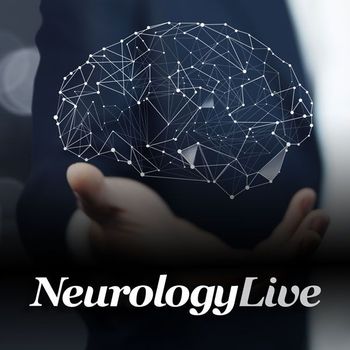
Insomnia
Latest News

Latest Videos

CME Content
More News

In a propensity score matched, longitudinal, observational cohort study, findings showed that there was an association between insomnia and neurocognitive function in children.

A study conducted via telemonitoring showed that hospital workers who performed night shifts had significant negative impacts on their sleep quality and circadian rhythms.

A survey based on young adult college students indicated that symptoms of insomnia might buffer the association with the acute physiological effects of alcohol, in part because it may heighten the sensitivity to alcohol.

The odds of having memory worsening at follow-up after 3 years were almost 30% greater for those who exhibited deteriorating insomnia status than those who showed signs of improvement.

Data from a systemic review suggests that the COVID-19 pandemic is associated with increased rates of subthreshold insomnia symptoms, but not with moderate or severe insomnia, among the global population.

Test your neurology knowledge with NeurologyLive®'s weekly quiz series, featuring questions on a variety of clinical and historical neurology topics. This week's topic is insomnia.

Mind Moments®, a podcast from NeurologyLive®, brings you an exclusive interview with Yuri Maricich, MD, MBA. [LISTEN TIME: 30 minutes]

Findings from a nonrandomized controlled trial in the Netherlands suggest that sleep time of hospitalized patients may be significantly improved with nonpharmacologic interventions such as the postponement of morning vital sign checks and medication administration rounds from the night to the day shift.

Sleep changes experienced by patients on apomorphine infusion were indicated by scores on Insomnia Severity Index and Clinical Global Impression-Improvement Scale.

In a randomized clinical trial, the application of electroacupuncture treatment for insomnia in patients with depression significantly improved the quality of sleep in comparison with sham acupuncture or the control group.

Ashgan Elshinawy, DO, a pulmonologist at Penn Medicine, assessed the current ways to treat patients with insomnia and the areas of needed improvement.

The pulmonologist at Penn Medicine provided commentary on the pressing issues clinicians continue to face when treating patients with insomnia. [WATCH TIME: 3 minutes]

In a randomized controlled trial, results demonstrated that acupuncture is to be efficacious in improving insomnia, quality of life, and affective symptoms for patients with ischemic stroke.

The pulmonologist at Penn Medicine provided an evaluation on whether patients with insomnia receive optimal care, and which treatments have proven to be most effective. [WATCH TIME: 3 minutes]

Take 5 minutes to catch up on NeurologyLive®'s highlights from the week ending September 9, 2022.

Similarly, the prospective observational data of active duty military individuals showed that comorbid obstructive sleep apnea and insomnia resulted in worsened symptoms and sleep-related impairments.

Stringent governmental measures predicted lower global scores on Pittsburgh Sleep Quality Index, while, albeit to a small extent, less restrictive measures were related to worse subjective sleep quality.

Even after adjusting for multiple confounding variables including recognized factors associated with cardiovascular diseases, PTSD plus insomnia remained an independent factor of major adverse cardiovascular events.

The long-term consequences of untreated—and prevalent—sleep disorders in children and adolescents point to a need for a focus on this field of care.

Findings showed that, although risk for serious fall injury was not mitigated by insomnia diagnosis, individuals with active insomnia taking prescribed hypnotic medication may be a particularly high-risk subgroup.

Ruth Benca, MD, PhD, a professor and the chair of Psychiatry & Human Behavior at Wake Forest School of Medicine, provided insight on the age- and sex-related differences in sleep disorders, and the needed research on the effects of therapeutics in older populations.

Compared with normal sleepers, those with poor sleep and insomnia showed a significant association with lower flow-mediated disease levels, the most common method to describe endothelial dysfunction.

In subanalyses of ISI responders with chronic insomnia, those in the lemborexant 10-mg group demonstrated significantly greater changes from baseline in sleep onset latency compared with placebo.

The IDSIQ showed score changes that correlated with clinically meaningful improvement on various responder definition estimates following triangulation.













